
Remembering the links between infectious diseases such as influenza and HIV, among others, and mental health can improve patient outcomes.

Remembering the links between infectious diseases such as influenza and HIV, among others, and mental health can improve patient outcomes.
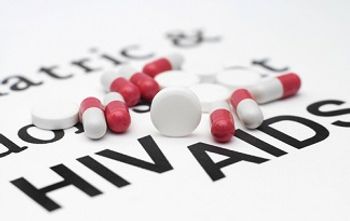
Recent data demonstrated that small doses of raltegravir could lead patients developing malignancies; however, the observations had not yet been substantiated.

Obesity is found to be a driver of this process.
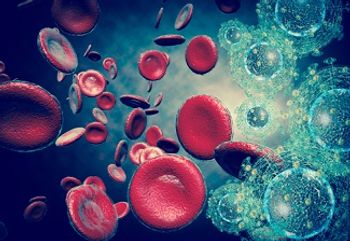
Dolutegravir seemed to be a promising maintenance monotherapy for people living with HIV, but the development of resistance mutations in testing strikes it from the list.

A new study has shown that women with schistosomiasis are at greater risk for HIV infection.

Despite the availability of highly active agents against HCV, HIV-infected patients require special considerations for drug interactions when considering treatment options.
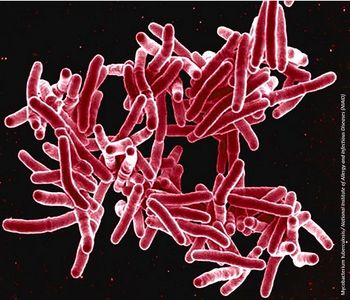
Tuberculosis (TB) remains the #1 infectious killer, worldwide, surpassing HIV / AIDS, according to the latest global TB report from the World Health Organization.

In case you missed them, we've compiled the top 5 articles from this past week.
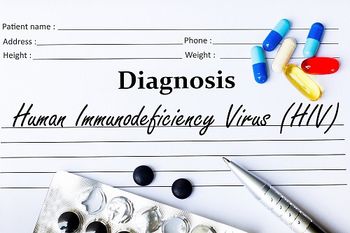
After 1 week of treatment, heavily treatment-experienced (HTE) patients who received fotemsavir, added to a failing regimen, had a greater reduction in viral load than patients on placebo.

The pivotal phase 3 AMBER study regarding the safety and efficacy of the investigational darunavir-based single tablet HIV regimen has achieved its primary endpoint.

Although there have been important improvements to existing vaccines, the list of vaccine-preventable diseases has barely changed at all in over two decades.

Stay up-to-date on the latest infectious disease news by checking out our top 5 articles of the week.

A pair of papers published in the Journal of Infectious Diseases highlight the effort to fight and monitor drug-resistant HIV, which poses a threat to achieving the global targets designed to end the AIDS epidemic.
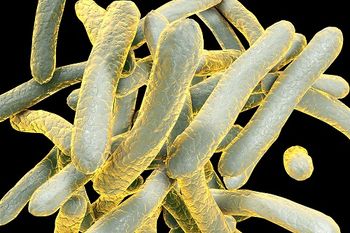
Based on WHO guidelines for tuberculosis screening, many individuals who don’t have the disease are sent for expensive confirmatory testing. A simple point-of-care blood test could change all of that.

Brinda Emu, MD, offers insight into the HIV monoclonal antibody ibalizumab.

Dr. Shibani Mukerji discusses how HIV affects the brain as part of a symposium at ID Week 2017.

A new literature review of 60 papers and studies finds that voluntary medical male circumcision programs in Africa also have benefits for women’s health.
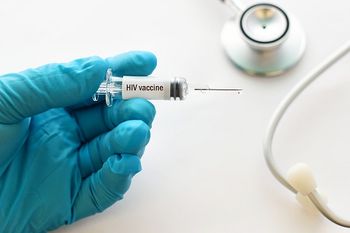
NIAID director Dr. Anthony S. Fauci stresses in a recent commentary that, from a practical standpoint, the development of a moderately effective HIV vaccine is “essential” to ending the pandemic.

A total of 5 HIV cure research initiatives will receive $7.5 million as recipients of Gilead’s HIV cure grants program.

Magda Opsomer, MD, reveals who will benefit from the darunavir single-tablet HIV regimen.

Jessica Justman, MD, shares how the PHIA project is collecting HIV biomarkers in children.
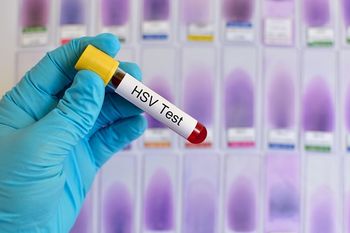
Having herpes simplex 2 puts individuals at greater risk of contracting HIV, and vice versa, largely due to increased genital ulceration and viral shedding.

In case you missed them, we've compiled the top five infectious disease articles from this past week.
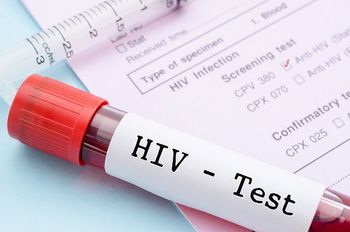
Investigators presented advances in basic and clinical research on infectious diseases and HIV in the past year at ID Week.

The results of a 5-year study show that coffee drinking can cut down the risk of all-cause mortality in patients with HIV and hepatitis C virus (HCV) infections.